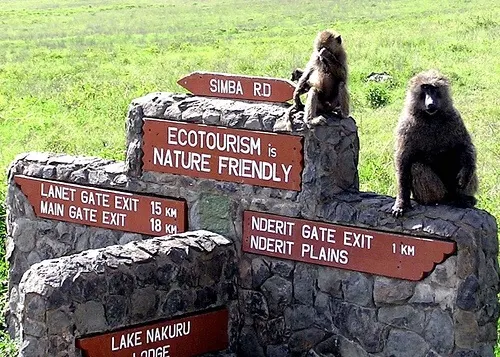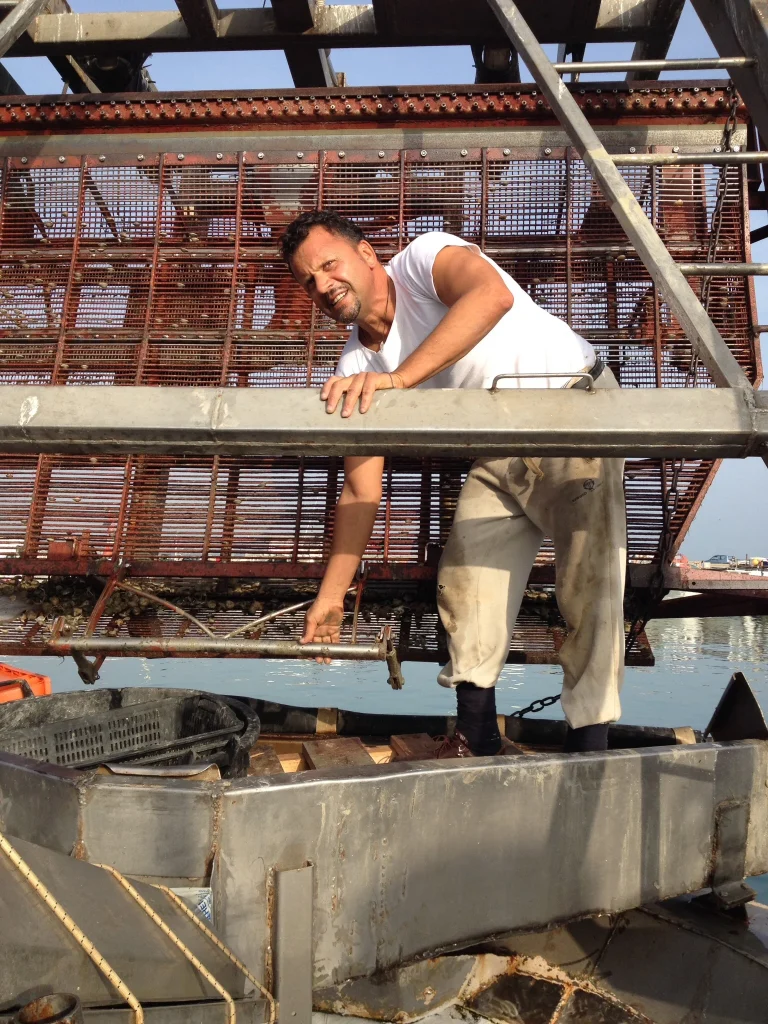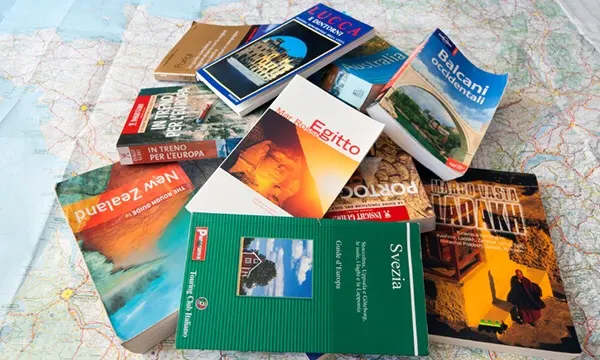I probably don’t need to tell you why travelling is one of the most enriching experiences of life: we all need to understand though that travelling in a responsible way is possible, easy and doesn’t require any compromise.
You might be wondering though, what you can do concretely, in your own small way, to be a responsible tourist anytime you travel.
Here it’s the answer: these are my personal 10 rules to follow before and during your travels.
1- Read, study, do your homework! It doesn’t take much to be prepared when traveling: read a book, rent a travel guide at your city library or watch a documentary about the country you’re going to visit, then learn some basic words of the local language (hello, please, thanks…trust me, people will thank your effort with huge smiles!) . Also, look online for the local tour-operators organizing excursions and day-trips, and go for one operating in a responsible way.
On site, try and talk to some locals about the culture and the country traditions: you will treasure these encounters years later.
2- When possible, take a train or a bus rather than the plane. If you can’t, do you know that some airlines are more sustainable than others? Here it’s a list you can consult before booking your plane.
At destination, avoid as much as possible taxis and cars: local buses, bikes and simply walking are eco-sustainable transportation solutions, inexpensive and often more fulfilling.

3- Respect the environment and don’t destroy it: do not pick up ‘souvenirs’ from national parks, game reserves or archeological sites (in other words, don’t act like this tourist!!). Don’t abandon your garbage: keep it with you until you find a trash can and recycle, when possible.
4- Water is such a lacking resource in many parts of our planet: don’t waste it, always close the faucets. When you get out your hotel room, make sure you have switched off all of the lights and the air-conditioning.
5- Protect the fauna: don’t buy items or accessories manufactured with leathers, furs and animals’ parts. Don’t eat meat of endangered animals, even if it’s considered a local delicacy.

6- Respect the customs and local traditions: for example, in a conservative country dress adequately and if necessary cover your head. Recently in Morocco I found out that Berber women really appreciated me covering my head, and were more willing to talk to me. In the poorest countries, moreover, avoid showing off your wealth (avoid wearing watches, jewelry and designer bags).

7- Now more than ever ‘volontourism’ has become fashionable, especially among young travellers. To leave and help a far away community is a beautiful idea, but unfortunately there are companies profiting of this kind of tourism and of travellers with a big heart.
It’s not uncommon for associations to ask volunteers thousands of dollars to participate in a program, and where does this money go? Not always to local communities.
Then, how do I choose the right program? Check out the Ethical Volunteering Guide to help you choose the right program and website, and ask questions to the associations! If they are a serious company, they won’t have any problem giving you all kind of informations.
8- If your next destination is a third world country, with economical problems, you will be surrounded by children begging for money, and it will be difficult to say “no”: it may sound cruel, but avoid giving money to kids, because what for us might me a very small amount, will contribute to them leaving school. We all know how important is education!
If you want to donate some money, do your research and donate through recognized humanitarian associations that will make sure your money will go to those more in need.
9- In developing countries it’s easy to feel you need to give a handout: better than this, though, is to contribute to the country’s economy by buying some gifts for friends and family: of course choose handmade goods made by local artisans!
10- During your travels, to near or far away countries, you will want to capture a moment or a smile with your camera. Do it, but always remember that locals aren’t animals in a zoo: before snapping the picture ask for permission.

